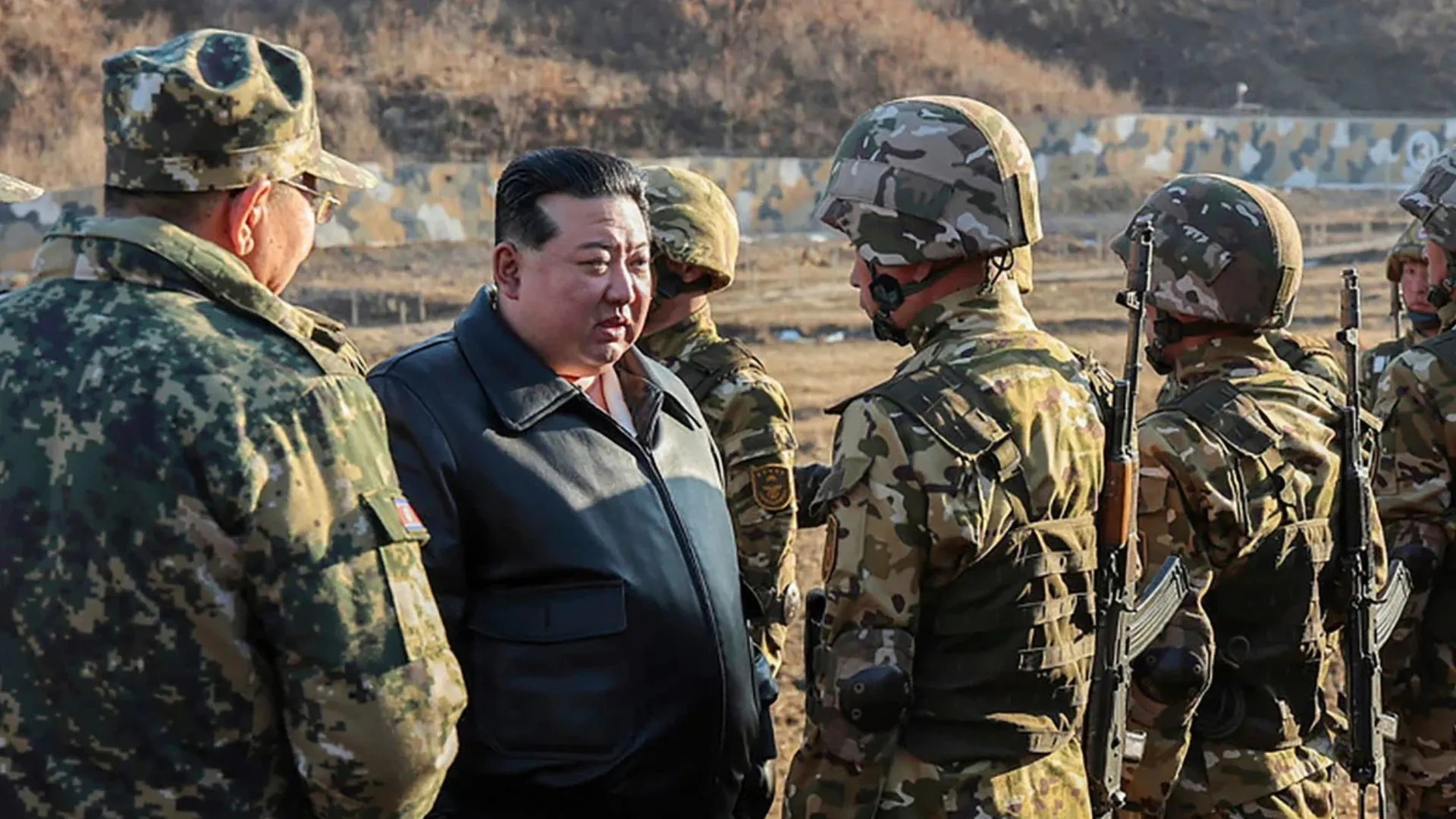In the annals of history, the journey of women’s rights has been a saga of resilience, determination, and triumph over adversity. From the suffragette movements of the early 20th century to the #MeToo movement of today, women have been at the forefront of fighting for their rights, challenging societal norms, and demanding equality. As we reflect on the past century of women’s rights movements, it becomes evident that while progress has been made, the struggle for gender equality is far from over.
The suffragette movements of the late 19th and early 20th centuries marked a watershed moment in the fight for women’s rights. Faced with systemic discrimination and disenfranchisement, women around the world mobilized to demand the right to vote. In the United States, trailblazing activists like Susan B. Anthony and Elizabeth Cady Stanton led the charge for suffrage, organizing rallies, protests, and hunger strikes to secure the passage of the 19th Amendment in 1920, which granted women the right to vote. This historic victory paved the way for future generations of women to participate in the democratic process and assert their political voice.
Following the suffrage movement, the mid-20th century witnessed the emergence of second-wave feminism, a period of renewed activism and advocacy for women’s rights. Led by figures such as Betty Friedan, Gloria Steinem, and Audre Lorde, second-wave feminists campaigned for reproductive rights, workplace equality, and an end to gender-based discrimination. The passage of landmark legislation like Title IX, which prohibited sex discrimination in education, and Roe v. Wade, which legalized abortion, marked significant victories for the women’s rights movement and laid the foundation for future progress.
However, despite these gains, the struggle for gender equality remained far from over. In the late 20th and early 21st centuries, women continued to face pervasive discrimination and harassment in various spheres of life, from the workplace to the home. It was against this backdrop that the #MeToo movement emerged, igniting a global reckoning with sexual harassment and assault. Founded by activist Tarana Burke in 2006 and popularized by actress Alyssa Milano in 2017, ‘MeToo sparked a wave of disclosures and accountability, as survivors of sexual violence bravely shared their stories and demanded justice.
The ‘MeToo movement exposed the pervasive nature of sexual harassment and assault across industries, from Hollywood to politics to corporate boardrooms. High-profile perpetrators were held accountable for their actions, and institutions were forced to reckon with their complicity in perpetuating a culture of silence and impunity. The movement also sparked broader conversations about power dynamics, consent, and gender equality, prompting individuals and organizations to confront and address issues of gender-based violence and discrimination.
In addition to the ‘MeToo movement, the 21st century has seen a resurgence of feminist activism and advocacy on a global scale. From the Women’s Marches that mobilized millions of people around the world to protest gender inequality and misogyny to the ongoing fight for reproductive rights, women have continued to organize, resist, and demand change. Grassroots movements like ‘SayHerName, which seeks to raise awareness about police violence against Black women, and ‘NiUnaMenos, which combats femicide and gender-based violence in Latin America, have brought attention to the intersecting forms of oppression that affect women of color and marginalized communities.
We look ahead to the future of women’s rights movements, it is clear that there is still much work to be done. While progress has been made in certain areas, gender inequality persists in various forms, from wage disparities to underrepresentation in leadership positions. The COVID-19 pandemic has further exacerbated existing inequalities, disproportionately affecting women’s economic security, health, and well-being. In the face of these challenges, it is imperative that we continue to center the voices and experiences of women, especially those who are most marginalized and vulnerable.
From suffrage to #MeToo, the past century of women’s rights movements has been characterized by resilience, solidarity, and the relentless pursuit of justice. As we honor the trailblazers and activists who have paved the way for progress, let us also recommit ourselves to the ongoing struggle for gender equality. By standing together, speaking out, and taking action, we can build a more just and equitable world for future generations of women and girls.























